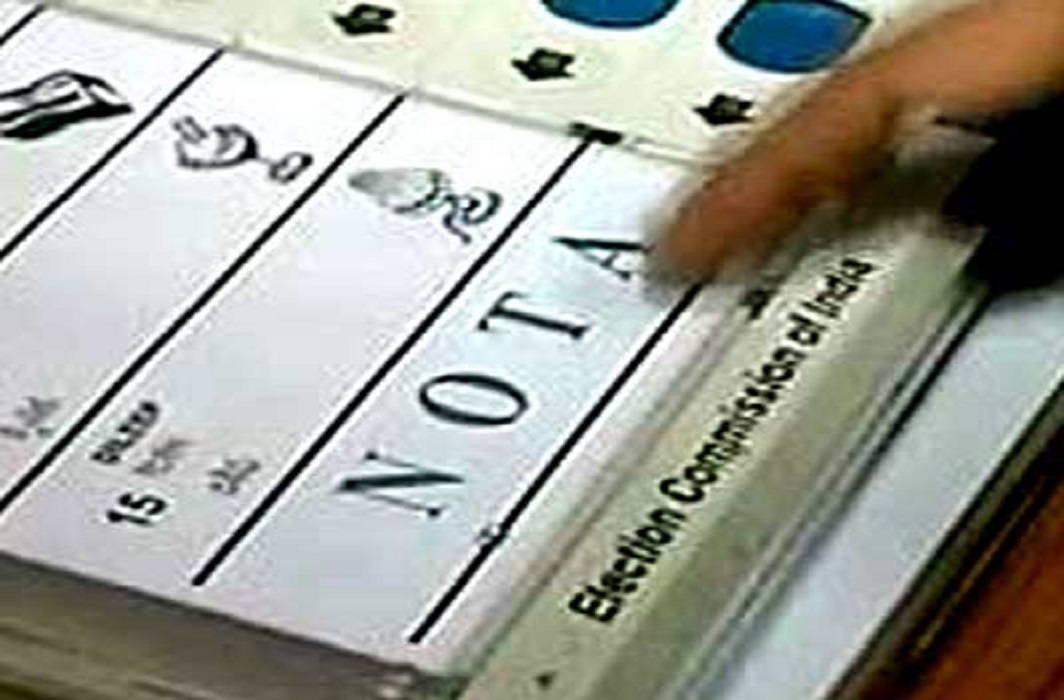Latest Politics News
Congress protests NOTA option in Rajya Sabha polls, moves Supreme Court

India News
Ajit Pawar’s son seeks detailed probe into Baramati plane crash
Jay Pawar has demanded a comprehensive probe and action against the aviation firm after the Baramati plane crash that killed Ajit Pawar and four others.
India News
PM Modi sends congratulatory letter to Tarique Rahman after swearing-in
Lok Sabha Speaker Om Birla handed over Prime Minister Narendra Modi’s congratulatory letter to Bangladesh Prime Minister Tarique Rahman following his swearing-in and extended an invitation to visit India.
India News
Navjot Kaur Sidhu says Rahul Gandhi disconnected from ground realities
Navjot Kaur Sidhu criticises Rahul Gandhi after exiting Congress, alleging corruption in the Punjab unit and predicting defeat in upcoming state elections.
-

 Latest world news22 hours ago
Latest world news22 hours agoPM Modi reaffirms support for Israel, recalls 26/11 victims in Knesset address
-

 India News22 hours ago
India News22 hours agoPM Modi crosses 100 million followers on Instagram, first world leader to achieve milestone
-

 Latest world news22 hours ago
Latest world news22 hours agoPM Modi and Netanyahu pledge deeper defence, trade ties during Israel visit
-

 Latest world news22 hours ago
Latest world news22 hours agoCanada softens stance on alleged Indian interference ahead of PM Carney’s India visit
-

 India News22 hours ago
India News22 hours agoOver 5,000 tribals join BJP in Assam’s Goalpara ahead of elections
















